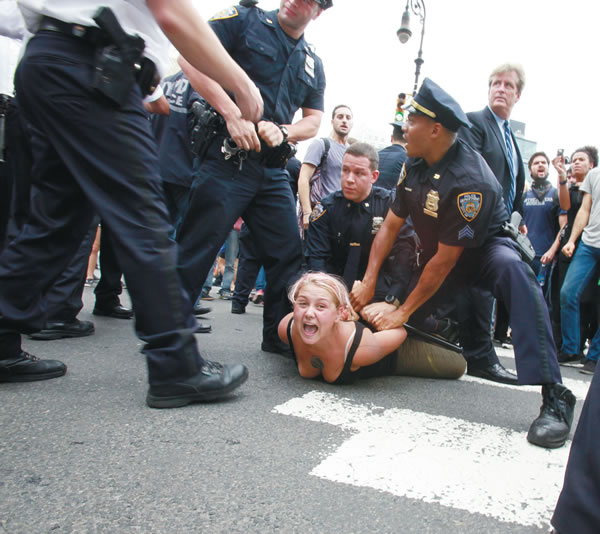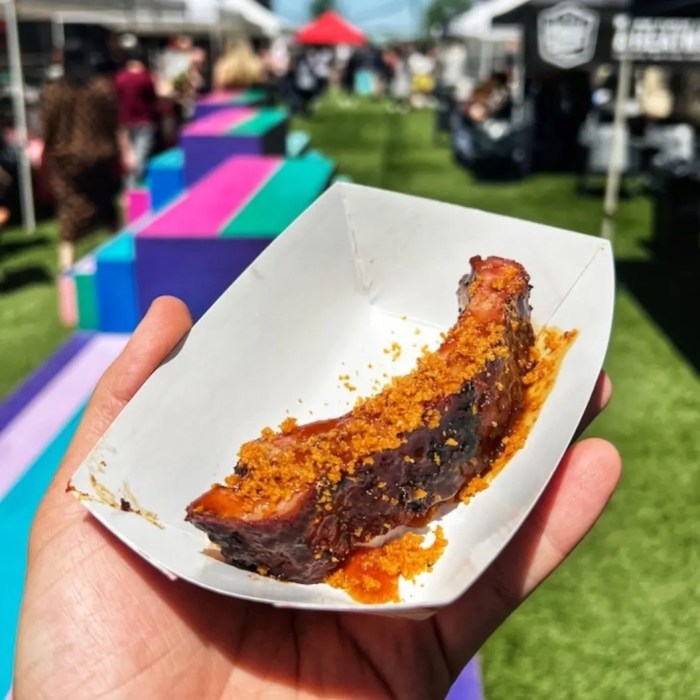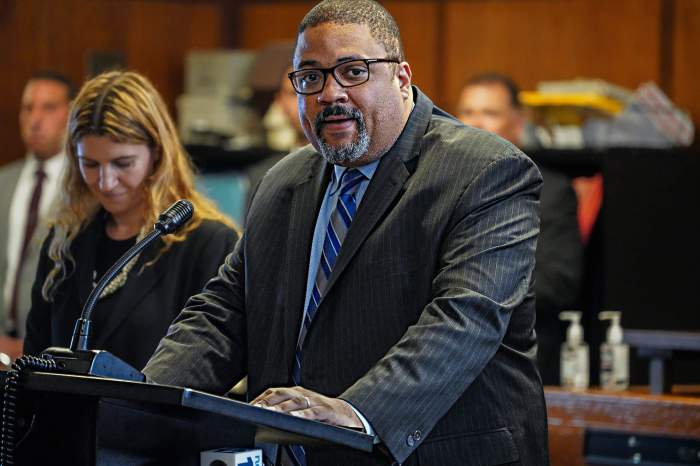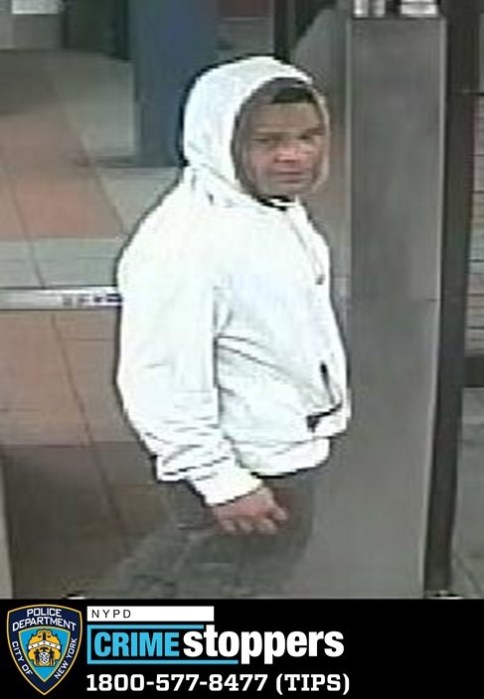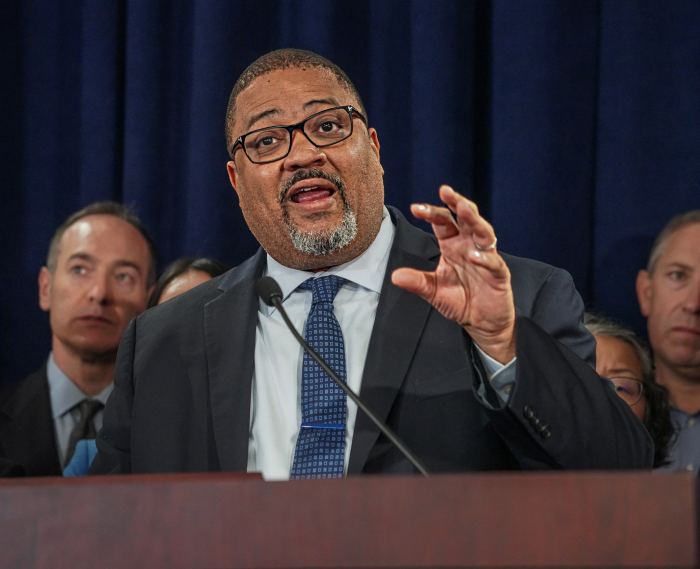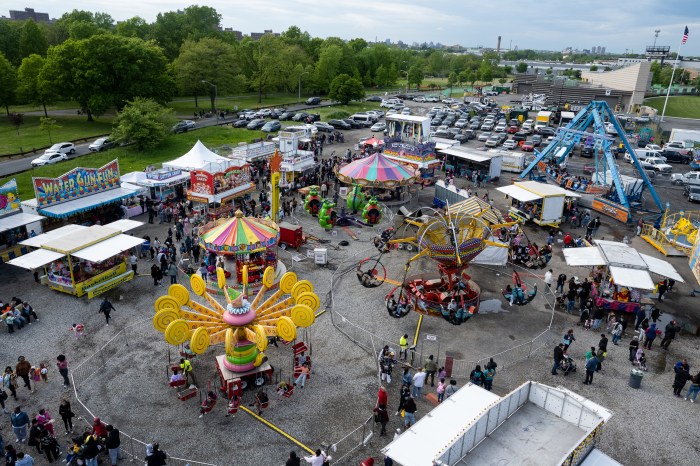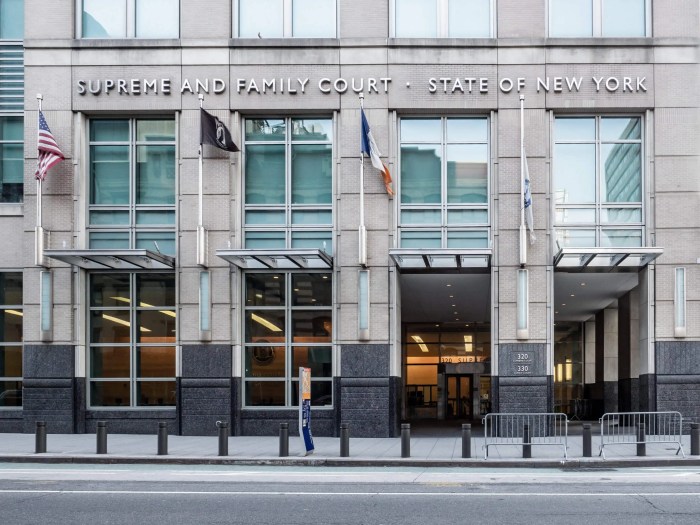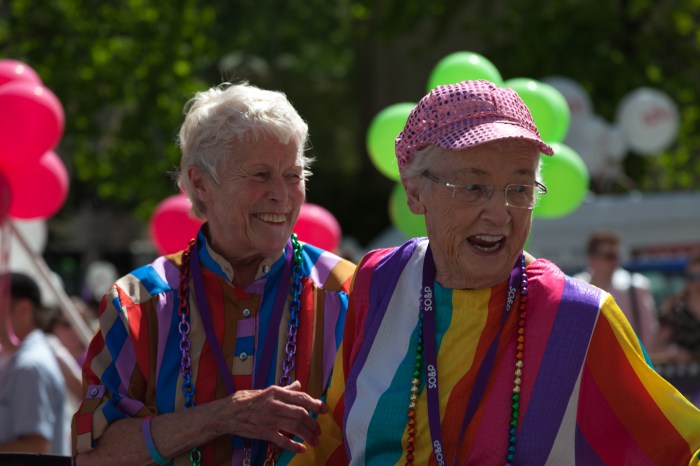By Jefferson Siegel
Police and marchers from the Occupy Wall Street movement clashed last Saturday in and around Union Square. More than 80 people were arrested, including passersby and members of the press. All spent the night in jail, many having been swept up in police netting on E. 12th St.
The Occupy Wall Street encampment is based in Zuccotti Park, also referred to as Liberty Park, near the World Trade Center site. The previous week the protesters had marched several times near Wall St.
With the encampment in its eighth day, the participants turned their sights northward. Hundreds wended their way through Tribeca and the Village as they headed toward Union Square, historically a destination for protests and public speaking.
As in their previous marches, the demonstrators were peaceful, more concerned with disseminating their message than with exhibiting defiance. Chanting, “Banks got bailed out! We got sold out!” they approached Union Square around 2 p.m.
After a brief pause, the crowd started to return Downtown. They began spilling off the sidewalks when police suddenly moved in.
Rheannone Ball, 19 from Brooklyn, was in the street when a police commander threw his arm around her neck. Several of the marchers tried grabbing her arms to pull her away and a brief tug of war ensued. Moments later Ball was thrown to the ground and police piled onto her.
“His arm is around my throat. I was panicking,” she recounted the next day. “I was screaming my name so that someone knows I’m getting arrested.”
The situation quickly escalated as police began unfurling orange netting, attempting to encircle the crowd, first along the triangular-shaped park east of the square, then along 14th St.
With their progress blocked, marchers found themselves being diverted back toward University Place. Police started grabbing more people. A man was lying face down in handcuffs in the middle of 14th St. and University Place as shoppers stepped around him.
With a large orange net unfurled, police began sprinting down University Place. In the resulting chaos, some marchers were forced onto the sidewalk while others were grabbed in the middle of the street and cuffed.
At 12th St. people found themselves blocked in all directions by lines of police and netting. A police commander grabbed a man from the crowd and, violently twisting his arm, forced him to the pavement, where several other officers pounced on him. As more struggles broke out, many found their only escape by walking west on 12th St.
On 12th St. a handful of people, including four young women, found themselves netted in front of the Num Pang sandwich shop just west of University Place. Several cried out, asking why they were being held. As they screamed, police nearby grabbed a man by the shirt and dragged him to the ground. A woman inside the net who was screaming, “Shame! Shame!” was dragged under the net and cuffed.
Without warning or provocation, a police commander unhooked his can of pepper spray, walked quickly past the four young women still standing passively behind the net and sprayed the irritant onto their faces. Their screams of terror seemed to stop all activity momentarily as even the officers holding the net looked stunned. One officer is reported to have said, “I can’t believe he just f—ing Maced her.”
The online collective “Anonymous” subsequently identified the police official as Deputy Inspector Anthony Bologna, the former commanding officer of Lower Manhattan’s First Precinct. Along with personal details about Bologna, they posted a warning, “We are watching! Expect us!”
Chelsea Elliott, 25, a digital imager from Brooklyn, eventually made her way across the street with tears still streaming down her cheeks, her face reddened and irritated from the spraying.
“We’ve been really peaceful and we’re here for the cops, too,” she said, still gasping. “We were just standing there.
“One of my friends is standing over there,” she continued, gesturing to the crowd trapped inside the net, “and I feel really bad because I told her to participate today.
“How can they arrest so many kids?” she wondered aloud.
Kaylee Dedrick, 24, a teacher’s assistant from Brooklyn, spent several minutes on her knees, gasping and choking as a medic administered a mixture of water and Maalox to counter the effects of the spray.
A day later, Dedrick still had trouble breathing when she returned to Zuccotti Park.
“I turned to see we were roped in by the orange net,” she recounted. “A police officer just inches from my face pulled out a can of pepper spray and sprayed us in the faces.
“I was blinded for about an hour. I’m still in absolute shock. I don’t understand why they used such aggressive and unnecessary force.”
Police continued moving west on 12th St. with the large net spread in front of them. Near Fifth Ave., dozens of people found themselves trapped by a second net blocking their way west. Police officers moved among the crowd, instructing everyone to put their hands up against the wall.
John Farley, a reporter for WNET Channel 13’s “Metrofocus,” was in the midst of an interview.
“I was wearing a press badge and holding an audio recorder. I was pushed up against the wall and arrested,” he said. Farley spent several minutes on his knees after being cuffed and would spend nine hours at the First Precinct before being released.
“I think reporters being arrested at a protest is like medics being shot during a war,” Farley said. “I think it violates many codes of decency in our society.”
Among those caught up in the net were three members of the Granny Peace Brigade. Ann Shirazi, 66, a former social worker, stood waiting to be led away.
“This was just people walking on the sidewalk,” she said on Sunday, several hours after being released from jail. Shirazi had decided the atmosphere was too tense to continue on the march and decided to return home. She had started walking toward the Seventh Ave. subway with two other Grannies, Joan Pleune and Beverly Rice, when they were suddenly corralled in the net.
“We started to walk away but the police were already putting up netting,” Shirazi said. “I was violently pushed from the back by this cordon of police.
“Police were violently flinging people to the ground, grinding their faces into the pavement. They put their feet on people’s heads. It was a shocking and terrifying scene.
“These were attacks on people who hadn’t done anything,” she said.
Shirazi spent 12 hours with four other women in a 5-foot-by-7-foot holding cell in One Police Plaza and was released at 3:15 a.m. Sunday.
A day after her arrest, East Villager Tile Wolfe, 19, emerged from arraignment court and into the hallway of the Manhattan Criminal Court building and was embraced with hugs. A community manager at an L.G.B.T. nonprofit organization, Wolfe had shown up at the march with a bag of peanut butter-and-jelly sandwiches for the crowd and got netted on 12th St.
“The police said, If you step in the street, you will be arrested,” Wolfe said. “We totally obliged, we stood on the sidewalk leaving a path for pedestrians.”
As the net closed, a Granny Peace Brigade member calmly told Wolfe and her friend, “Girls, I think that we’re getting arrested.”
“A lot of people thought it was just a detainment process and we would be released soon,” Wolfe recalled. After being handcuffed, Wolfe said several officers appeared unsure what charges to level against the arrestees.
Several M.T.A. buses pulled up on Fifth Ave. to ferry those arrested to the First Precinct and One Police Plaza.
Police spokesperson Paul Browne later said, “Those arrested were engaged in disorderly conduct, namely impeding vehicular and/or pedestrian traffic, and in some instances resisting arrest, inciting to riot, obstructing governmental administration and assaulting a police officer.”
By early Saturday evening the focus had shifted back Downtown. A massive police presence surrounded Zuccotti Park. A police commander walked down the line of officers, stopping at each one and repeating, “Nobody gets hurt.” The sense of anxiety inside the park was overwhelming.
Patrick Bruner, a spokesperson for the encampment, told reporters that the participants “are 110 percent devoted to peace. We are determined to stay, occupying this place, until we see real change.
“We are the 99 percent,” he declared, using the catchphrase of the occupation.
A library full of books lined a wall inside the park. Tables bore signs reading, “Legal,” “Medical” and “Media.” A man carrying a large garbage bag moved through the paths, picking up refuse. Some leaned against trees, sleeping, while others painted signs. One read, “We are the winds of change.” A young man played an accordion. Empty pizza boxes were piled up near a bench.
As a woman circulated among the crowd offering vegan hummus and falafel, Heidi Boghosian, executive director of the National Lawyers Guild, stood with a dozen volunteer legal observers, gathering information on the arrests.
“We believe the use of orange netting to pen protesters in and then apply pepper spray at close distance is an unacceptable and excessive use of force not warranted in this situation,” Boghosian said. “We hope this does not signal a return to the city’s intolerance of free speech that we saw in 2004 during the Republican National Convention.”
Attorney Dan Gross, an N.L.G. legal observer, had been arrested earlier in the day, despite his wearing the distinctive bright green hat worn by legal observers at protests.
A line of people holding signs stood on Broadway facing a line of police.
One young woman drew the eyes of passersby, looking like she stepped out of a 1960s commune. Victoria Lopez, 18, from Omaha, Nebraska, was wearing a tie-dyed dress with a crocheted top while dancing, waving an American flag and flashing the peace sign. The smile on her face belied the tension in the air as she offered a very personal reason for traveling to the encampment. Lopez explained she attended Millard South High School in Omaha, a school where last January the principal was killed by a student.
“The aftermath brought about such a unity that it was impossible to deny it was there,” she explained, noting the same feeling of camaraderie was prevalent in Zuccotti Park.
Civil rights lawyer Wylie Stecklow spent days at the encampment and was deeply impressed with the participants’ commitment.
“This is expressive speech. This is the First Amendment,” he said. “It’s resonating around the world. You have a democracy that feels it’s been taken over by a corporatocracy.”
As night fell and more media arrived, the confrontational mood slowly defused as police started leaving the immediate area. People in the park settled in for another night of music, debate and sleep.
Zucotti Park is a privately owned public space. Owner Brookfield Office Properties posted new signs on Saturday prohibiting sleeping bags and camping.
Earlier this week, several high-profile personalities dropped by the encampment, including filmmaker Michael Moore and actor Susan Sarandon. One person was arrested during a Tuesday afternoon march. Late Tuesday night, all was reported quiet at the encampment.



